Executions based on confessions extracted through torture
Zakiah al-Bakheet, a young Saudi widow, has long been begging the Saudi officials to return what's left of her husband: his belongings including his books and notebooks, his bank documents and, above all else, his corpse.
Zakiah says, "I want to bury him in a place that suits him, not like someone whose identity is unknown, or like someone who’s committed an ugly crime."
The story of Zakiah is the tragic story of many other Shia women in Saudi Arabia who have lost their husbands to a sinister system of injustice, entrenched deeply in the kingdom, against religious minorities.
Zakiah's husband Abbas al-Hassan was beheaded in 2019. He was one of the 37 prisoners executed en masse. Riyadh has refused to release at least 33 of the bodies to their families so far. All of these 33 men belonged to the Shia community in Saudi Arabia.
Torture, confession, execution
They were all convicted on "terrorism" charges after trials that Amnesty International said relied on confessions extracted through torture.
The Saudi government body snatching policy has been a long standing policy for it is for its political opponents, meaning that they reserved this punishment for those who are against the monarchy. And although it's very important legally that not nothing in the legal papers or the court ruling that these bodies shall not be returned to their families, the Saudi government continues to practice this criminal way of stealing bodies of political detainees and political opponents. This is in contradiction of all international laws and of Muslim tradition.
Ali Al Ahmad, Institute for Gulf Affairs, Director
They kill children, too
Mujtaba al-Sweikat is just another case executed in April 2019, with his body not returned to his family yet. A teenager who took part in pro-democracy demonstrations back 2011-12, Mujtaba was tortured by being hung by his hands, beaten on the soles of his feet and burnt by cigarettes, according to alaraby.
His mother says, "We found out that he had been executed from social media. We are insisting on recovering the body, because receiving your son's body means to receive your son. This is the least possible right that can be given to a family bereaved by the killing of its son."
You cannot call the Saudi courts a judicial system because they do not operate like a court. It is a kangaroo court that is medieval, It is sectarian it's apartheid court. That does not allow most of the population of Saudi Arabia to to be part of it, meaning if you are a Shia you cannot be a judge, you cannot be a prosecutor. If you are black, you cannot be a judge or prosecutor, if you are a woman you cannot play a role as well. And if you are not from specific regions or specific background you cannot be so that excludes the majority of the country's population from taking part in this apartheid court system.
Ali Al Ahmad, Institute for Gulf Affairs, Director
No plan to treat critics humanely
While the kingdom is considering ending the use of the death penalty for drug-related offenses as part of the Saudi Crown Prince Mohammed bin Salman’s disputed reform campaign, Riyadh has no plan to treat political activists and critics humanely.
"The tragedy of Mujtaba al-Sweikat is repeated so often in Saudi Arabia that it's become the chorus to a gruesome song. Saudi Arabia arrests a child, tortures them, convicts them, kills them, and buries them in a pauper's grave, all for the crime of speaking out against the government."
Ali Adubisi, Director, European Saudi Organization for Human Rights (ESOHR)
“Off with his head!”
Saudi Arabia has increased its use of the death penalty since King Salman ascended to the throne in 2015.
As of April 2020, Under King Salman bin Abdulaziz at least 800 executions were carried out; 184 executions were carried out in 2019, a rise from 149 in 2018; 37 of these were political activists killed en masse following lengthy periods of solitary confinement, torture and grossly unfair trials, according to Reprieve, a London-based human rights group.
There is not a single case where people who are charged with political crimes have been found innocent. In usually courts, you know you have people who are guilty, people who are not, but in Saudi Arabia if you are charged by the Saudi government of any political crime, you are always found guilty, there is not even one innocent person because that's how the courts in Saudi Arabia works, and they think that the Saudi government charges you with the Saudi government gets the, the punishment that they deserve that they asked for.
And that's how it goes. In that in these courts that are not like other courts around the world or around even in around the country around the region, our region. So, these are apartheid courts, and they will never give justice.
Ali Al Ahmad, Institute for Gulf Affairs, Director
Cruelty and calculated violence
Maya Foa, Director of Reprieve says, "Executing prisoners without notice and withholding their bodies shows the extent of the cruelty and calculated violence of the Saudi Arabian death penalty regime."
From the start of 2016 through the end of 2019, at least 84 Saudi Shia men were executed or killed in raids by Saudi security forces, according to ESOHR. None of their 84 families has received a body.
The Saudi government is one of the most, maybe the most, anti Shia government in the world. And that's why there is not a single mayor who was Shia in the in Saudi Arabia. Not now. For the past 60 years. And not a single Shia minister, Shia diplomat, Shia Judge, you name it, they don't exist and that is the sectarian policy of the Saudi government supported by the English government and by the American government. They know it very well, and they support it, just like they supported apartheid in South Africa.
Ali Al Ahmad, Institute for Gulf Affairs, Director
Perhaps, the most prominent person executed whose body has not been returned to his family is Sheikh Nimr Baqr al-Nimr, a revered Shia cleric.
He was a leading figure in protests erupted in Eastern Province against Al Saud's discrimination against the Shia community.
Lack of religious freedom in KSA not limited to the Shia
The current government of the regime held and controlled by Mohammed bin Salman has no interest in changing the Saudi tradition of religious oppression and the religious oppression or lack of religious freedom in Saudi Arabia is not limited to the Shia, it's it encompasses everyone, meaning that the Sunni majority, even those who practice Salafi Wahhabi Islam, they are not free to practice what they think; the government enforces the the, its own interpretation, it forces them, their children to follow its interpretation of Islam. So, religious freedom in that country is becoming less, not more.
Ali Al Ahmad, Institute for Gulf Affairs, Director
For a long time, executions have been at the heart of global criticism of Saudi Arabia. But what has been under the radar all along is the kingdom’s refusal to turn over the bodies, in an act to show utter disrespect to dissidents, to give their families endless pain, and to warn others that it has no tolerance for freedom of expression, especially from minority groups.
A world leader in executions, Saudi Arabia has a long way to go and its young prince’s cosmetic exercises are unlikely to help the grave situation in the kingdom.
Trump admin. advances Saudi nuclear deal, leaves door open to enrichment: Report
Leader donates 50 billion rials to free financially struggling prisoners
Guardians of sky: How Iran’s radar network turned 12-day war into a blueprint for deterrence
The story of ancient Persia’s chromium steel
Iranian Navy chief calls for broader naval collaboration at MILAN 2026 naval exercise
VIDEO | Mini Iraq; A city in India that connects faith across borders
Pope skips America’s 250th anniversary despite Vance’s ‘in-person’ invitation
Iran condemns Israeli atrocities, ceasefire violations in southern Lebanon


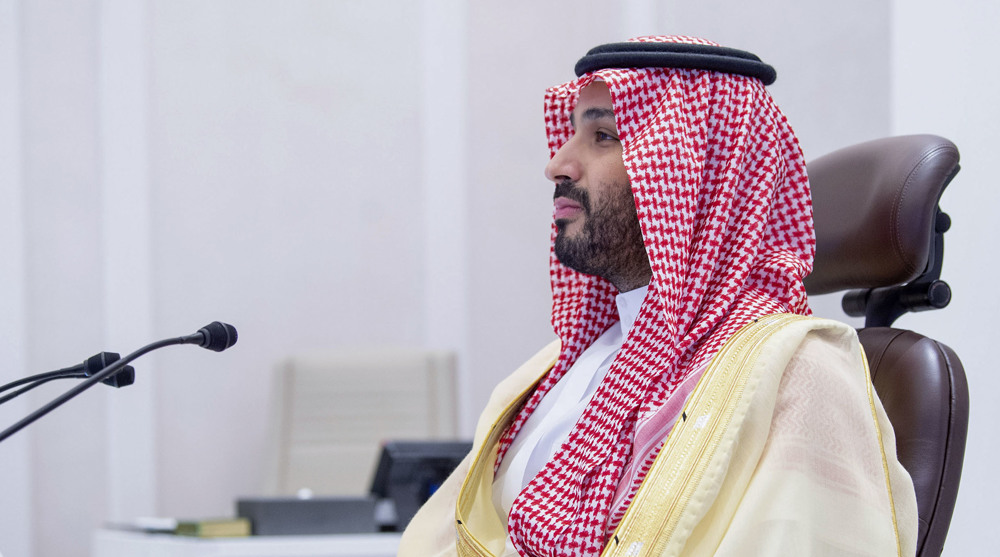





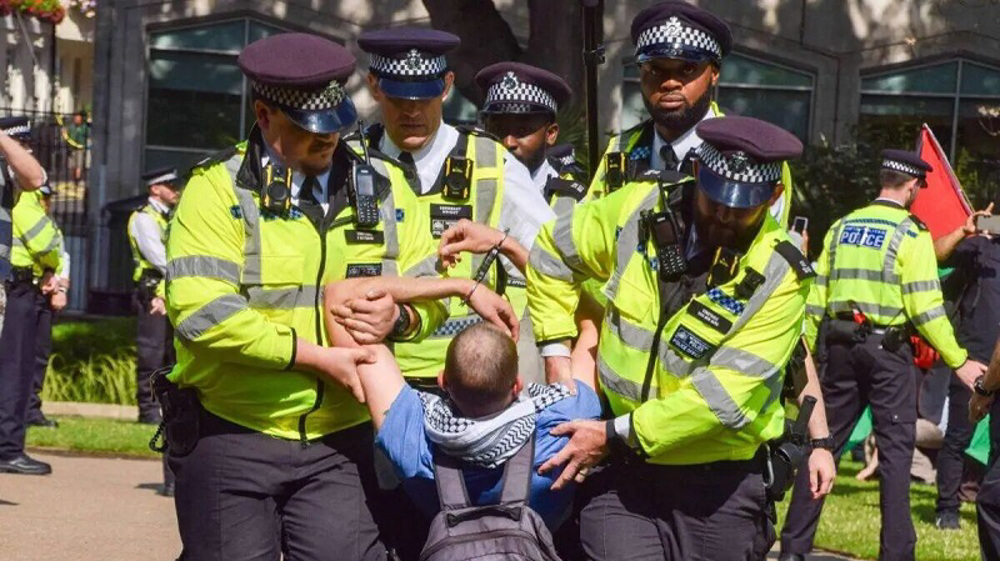
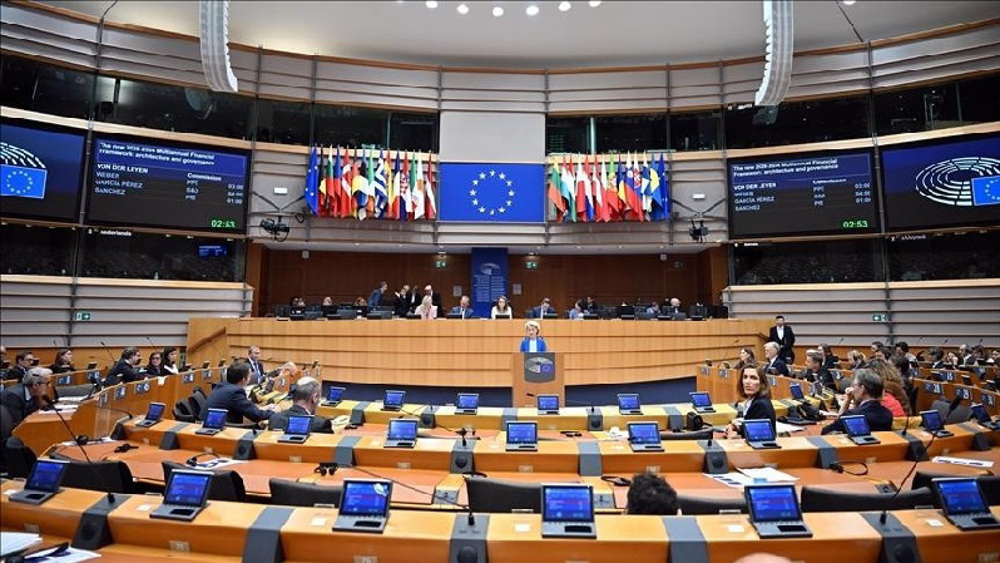



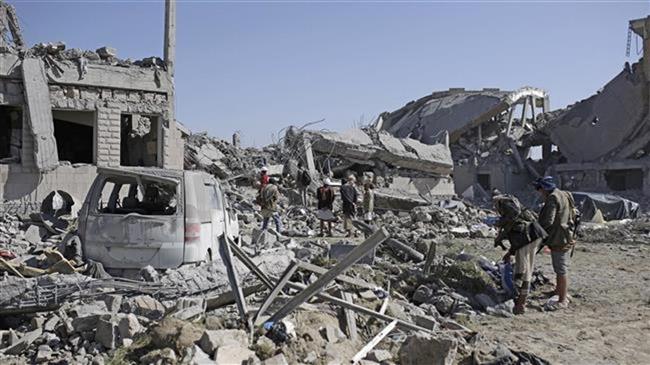
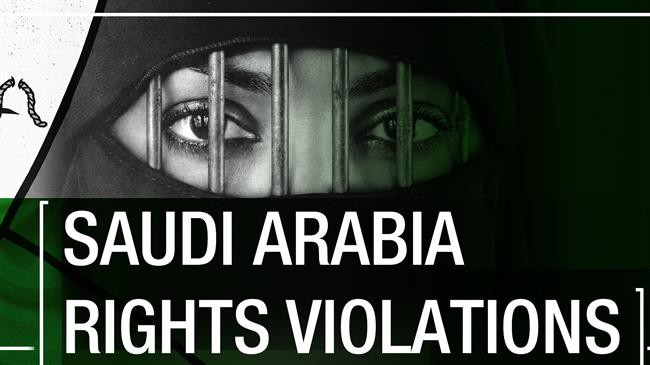
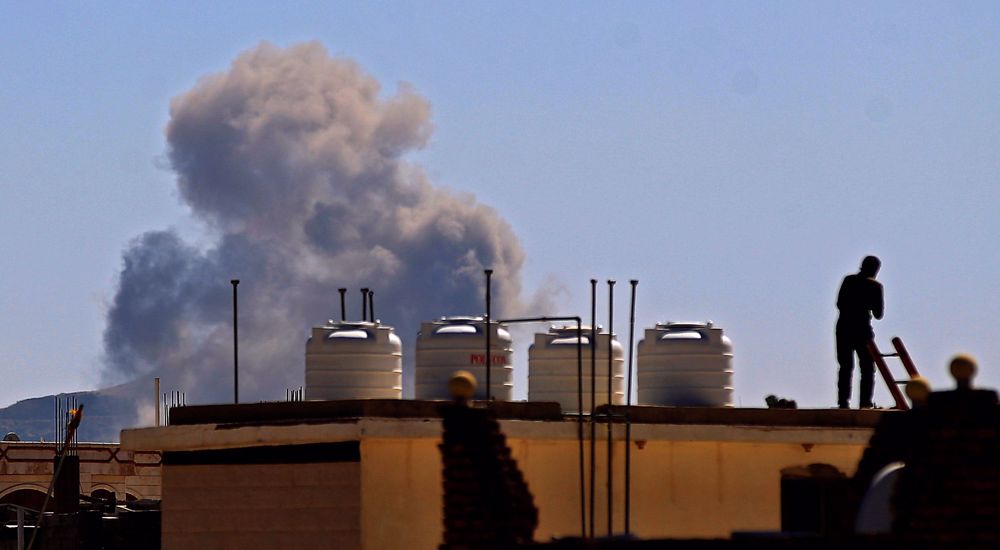

 This makes it easy to access the Press TV website
This makes it easy to access the Press TV website